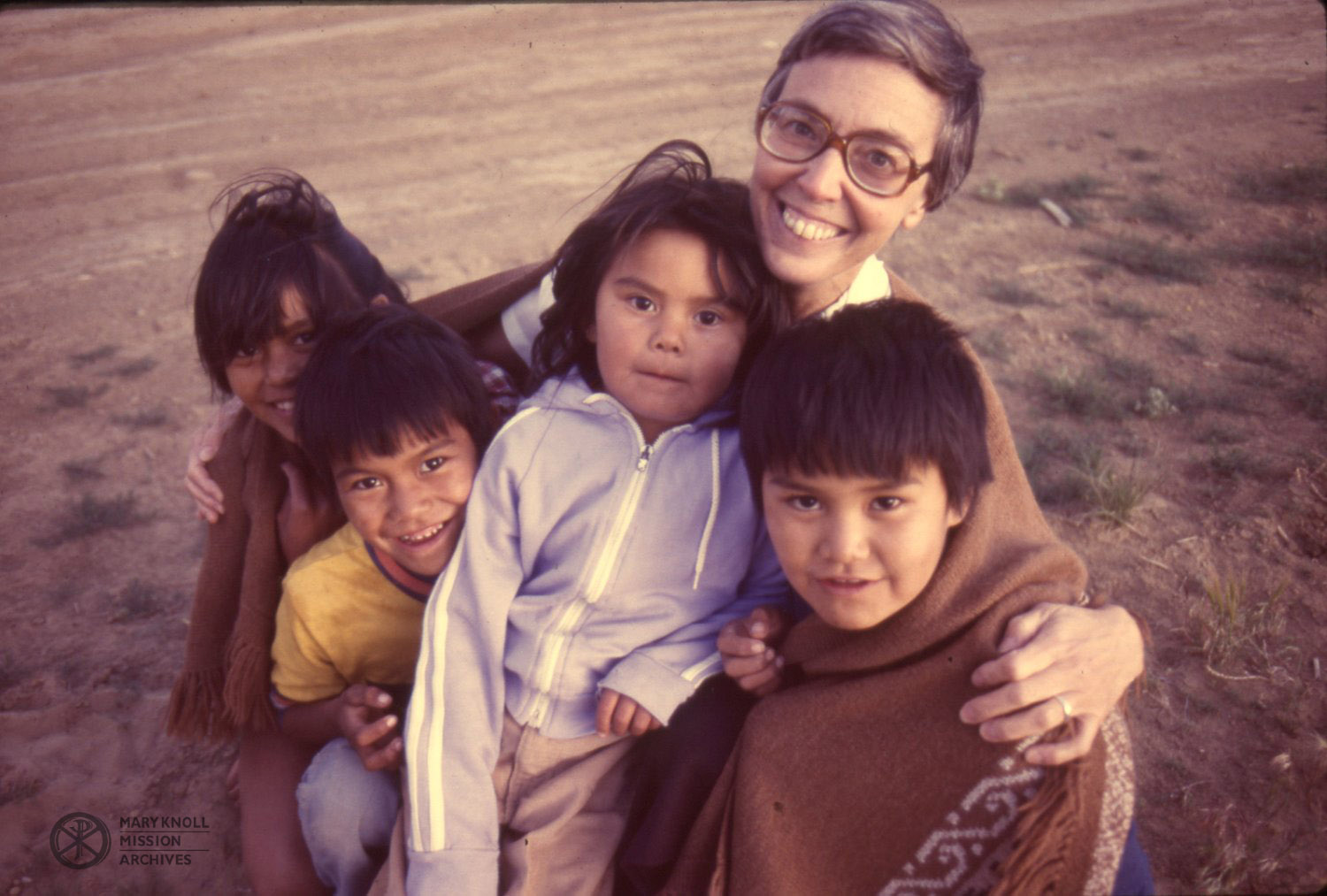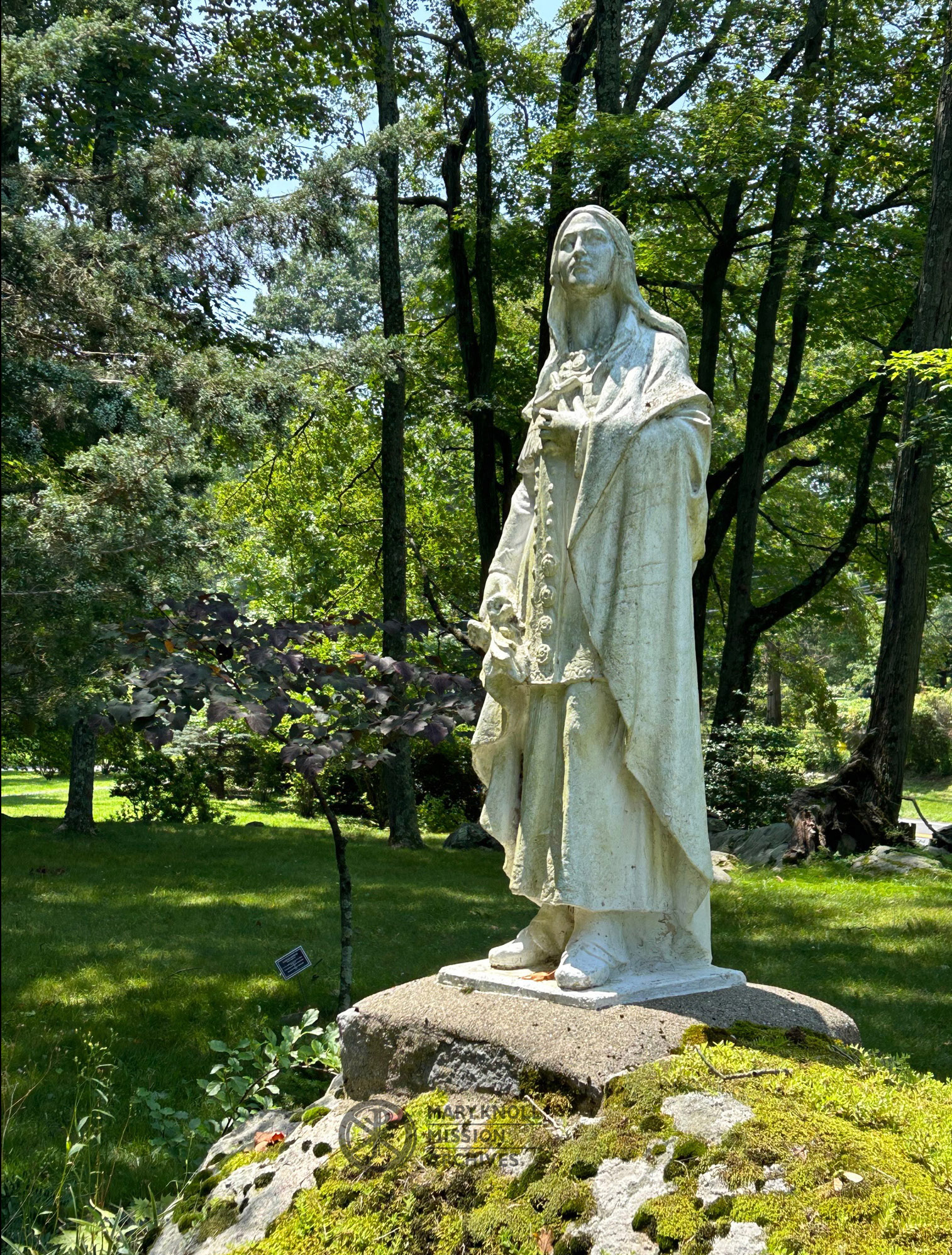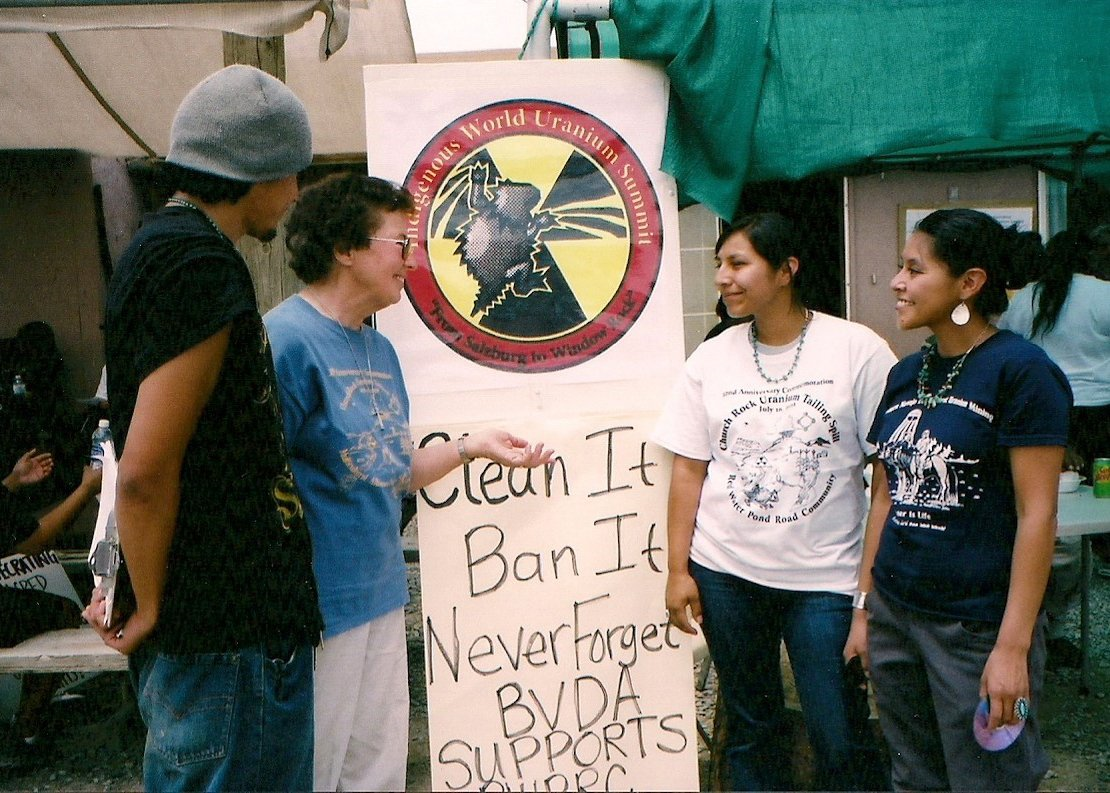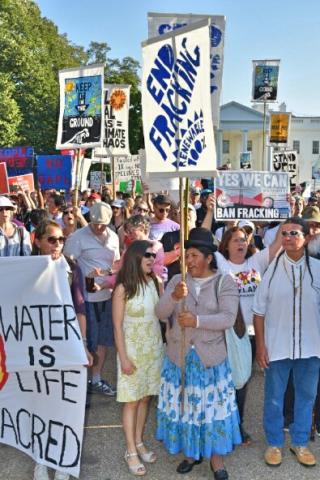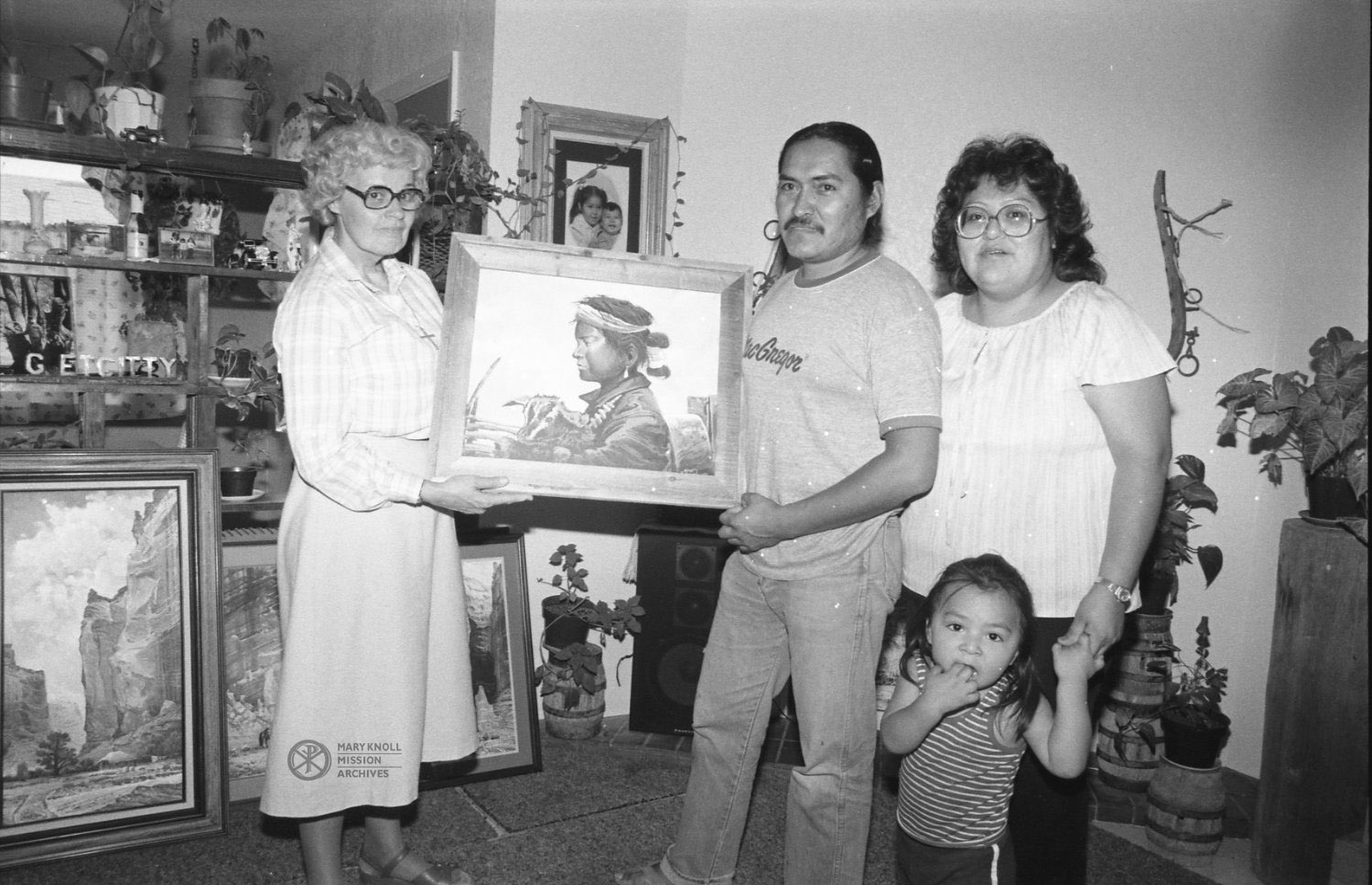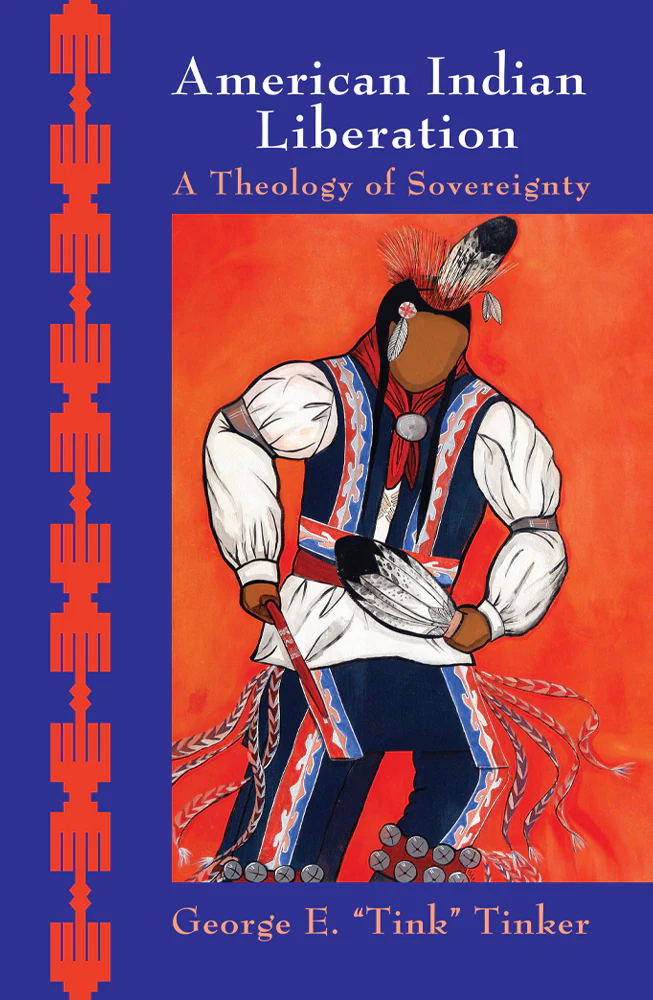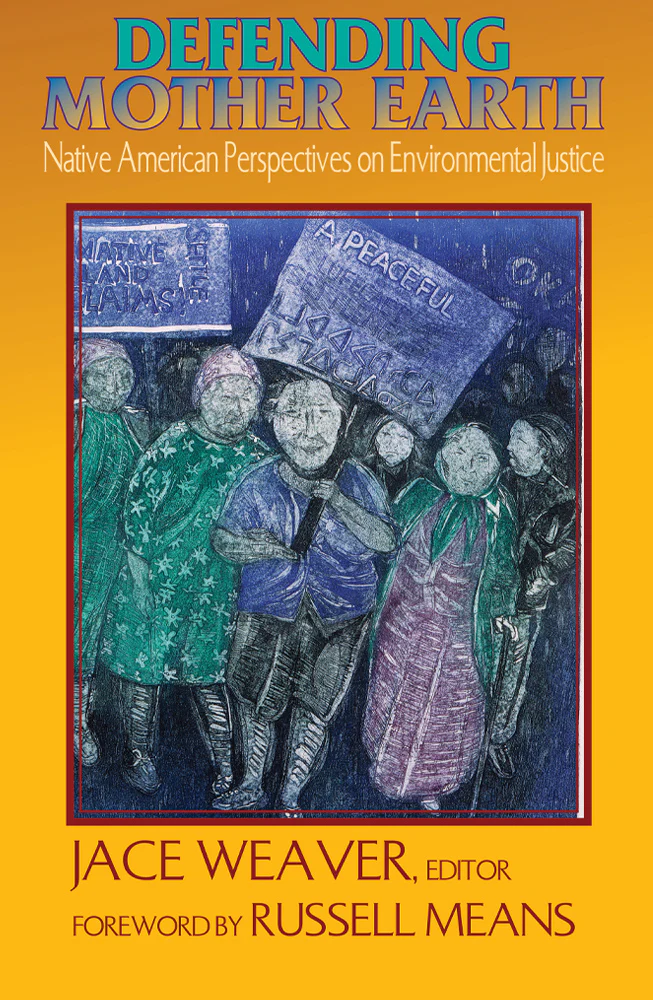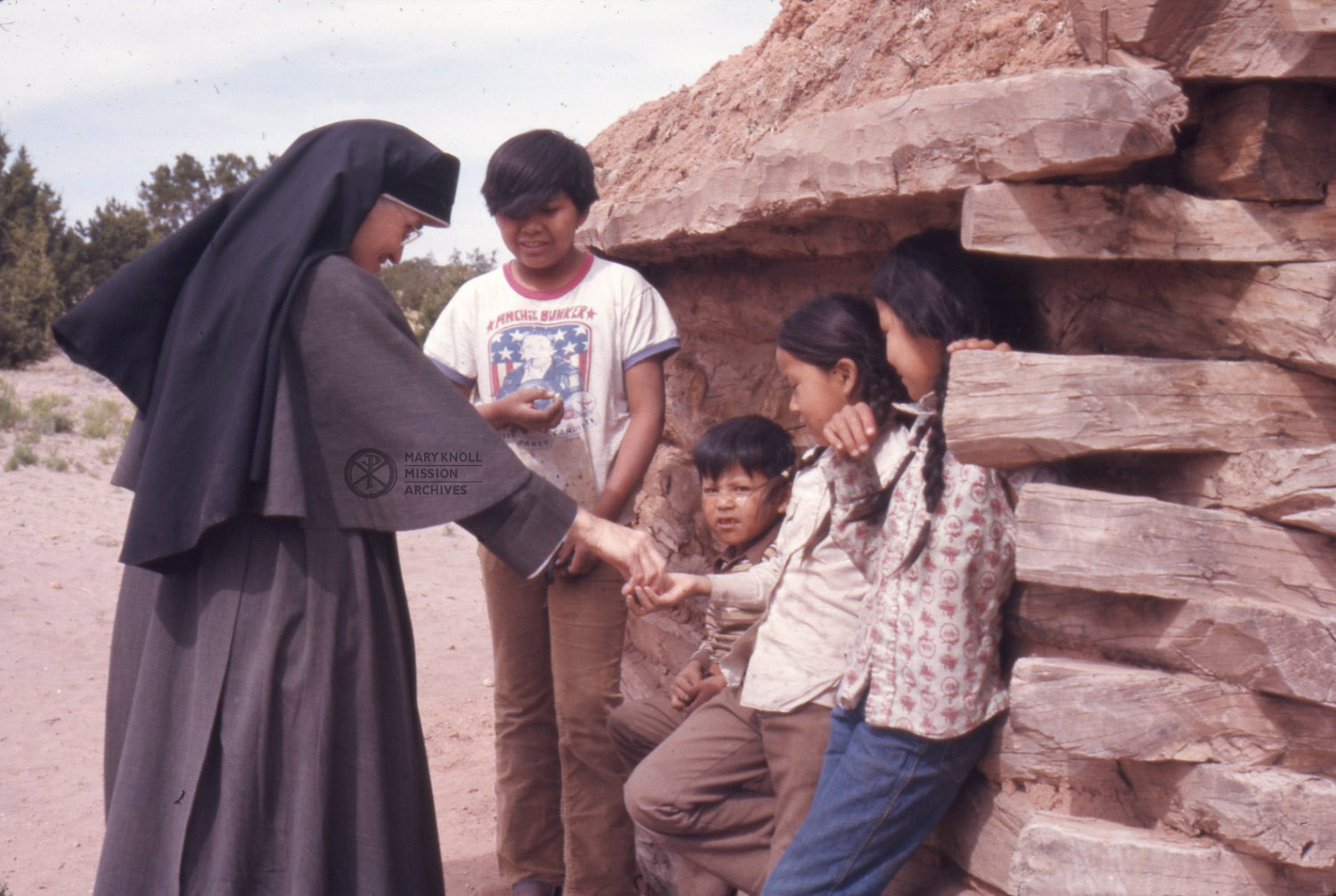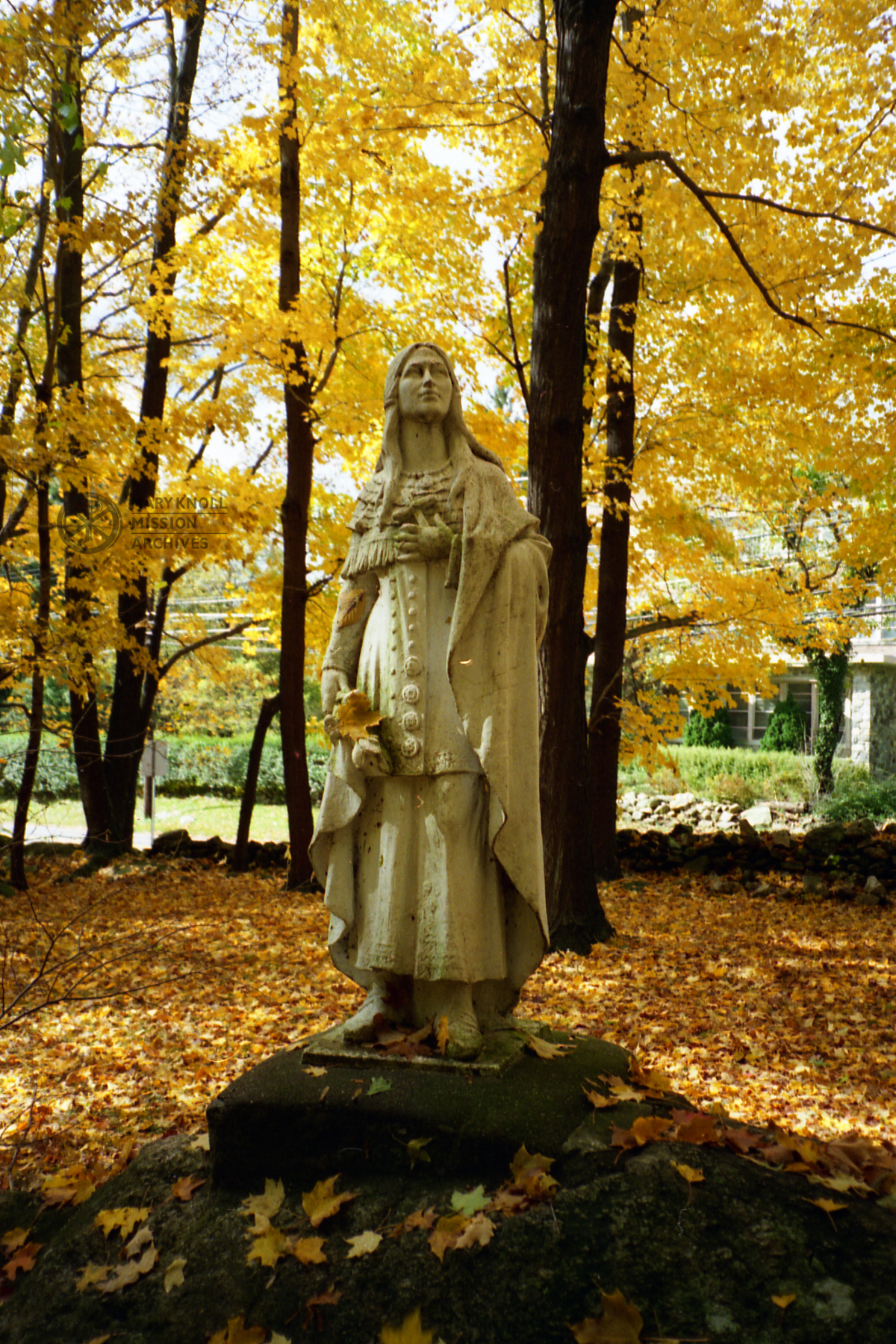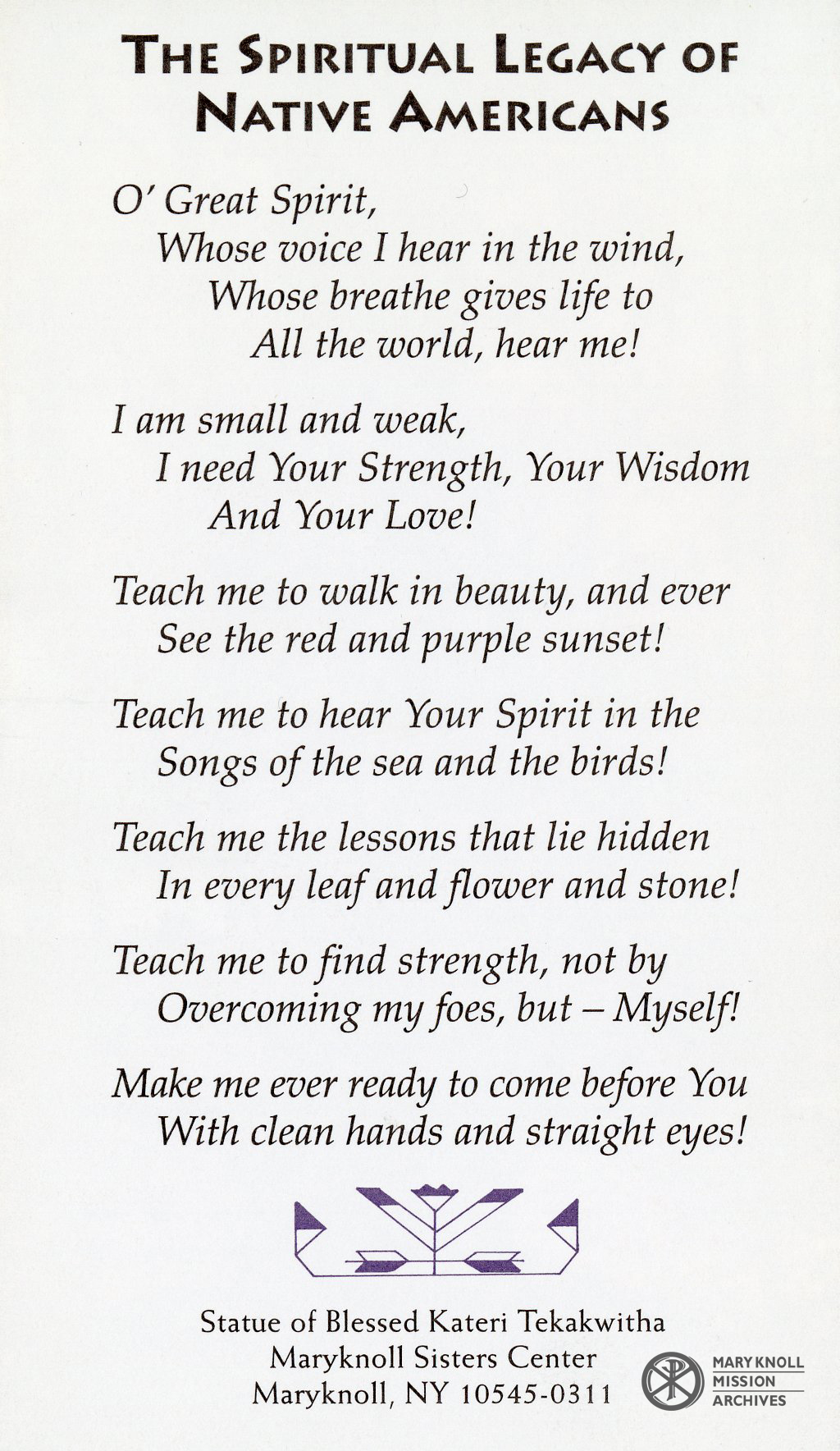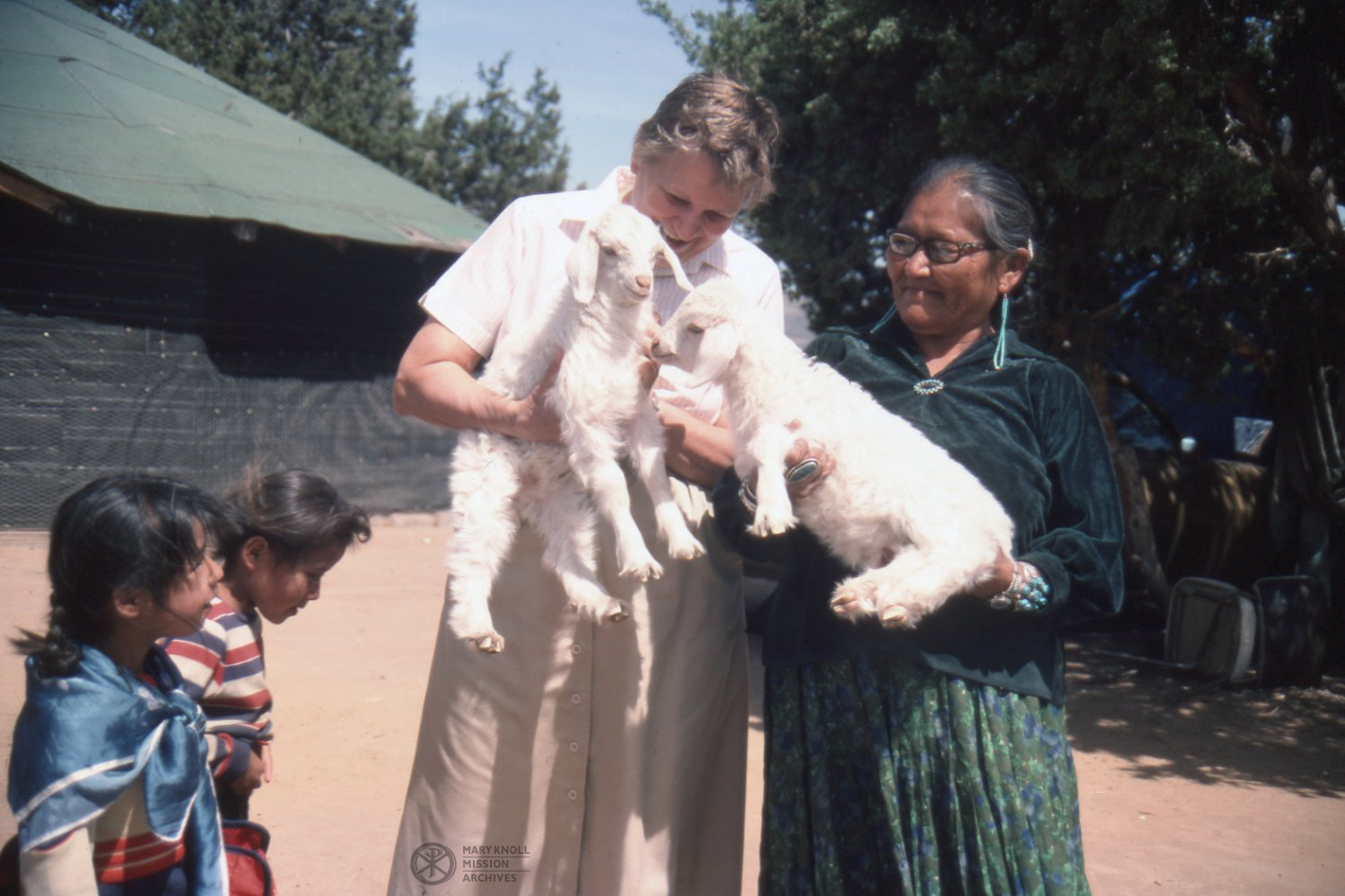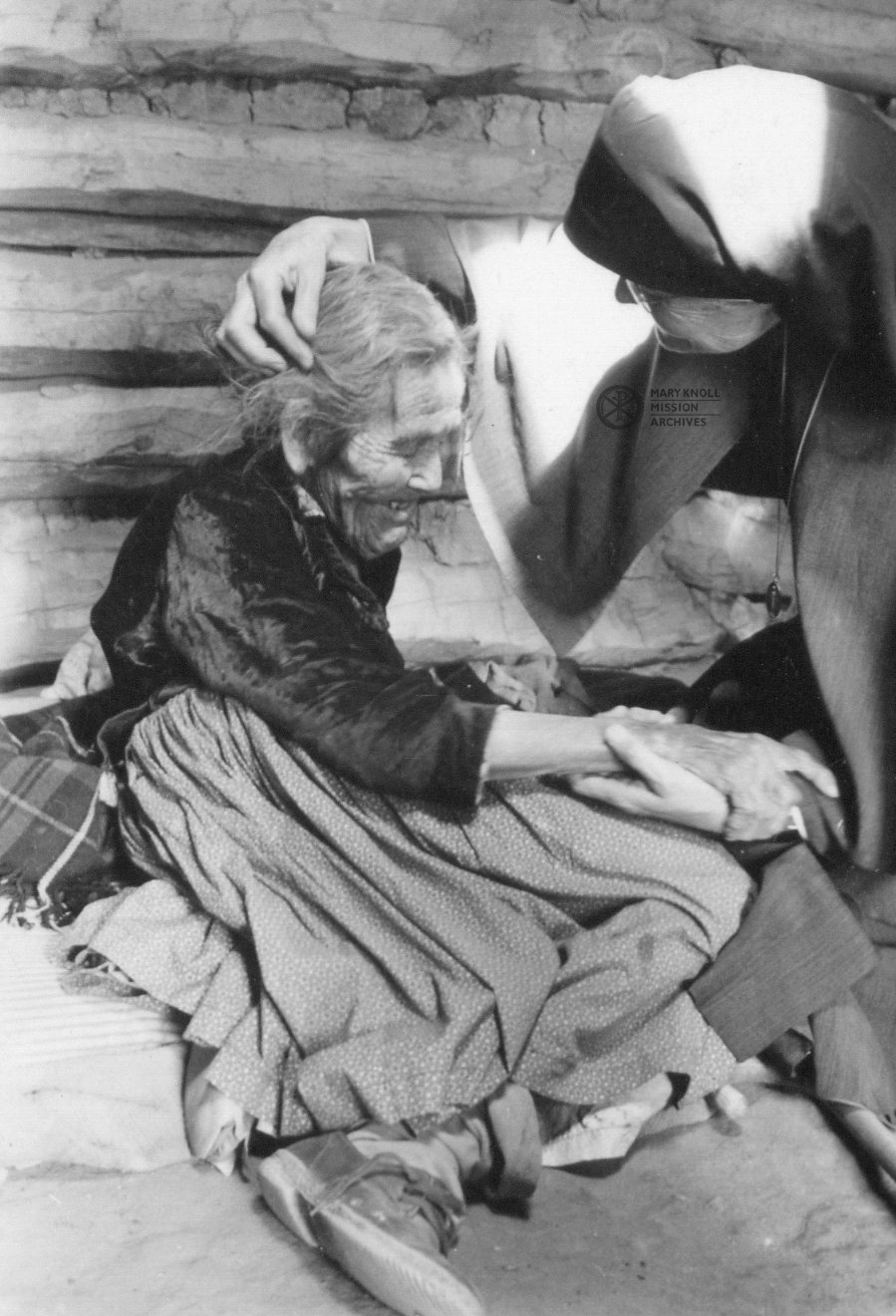What is Indigenous Peoples’ Day?
Celebrated on the second Monday in October, Indigenous Peoples’ Day is a holiday in the United States that honors and celebrates the rich cultures and histories of Native Americans living throughout the country. While it’s not recognized as a Federal holiday, it is an official holiday for many cities and states. Twenty states currently celebrate indigenous peoples in October, though not every state uses the same name for the holiday. For example, in South Dakota it’s known as “Native American Day”. This year, Indigenous Peoples’ Day falls on October 9th.
Why is Indigenous Peoples’ Day important?
The significance of this holiday is best described by the people it celebrates.
“It can be a day of reflection of our history in the United States, the role Native people have played in it, the impacts that history has had on native people and communities, and also a day to gain some understanding of the diversity of Indigenous peoples.”
Mandy Van Heuvelen
Cultural interpreter coordinator, Smithsonian National Museum of the American Indian
Member of Cheyenne River Sioux Tribe, South Dakota
Full article from NPR.org
“Indigenous People’s Day recognizes the resilience of my ancestors and the legacy I carry with me. It is a day dedicated to the impact colonialism had on my family and many others. If it weren’t for the assimilation my great-great grandparents faced, I would be speaking Cherokee, telling old Cherokee family stories, and potentially feel more in tune with my culture.”
Ryly Ziese
Student at The Wharton School
Member of the Cherokee Nation
Full article from Penn Today
Sr. Rose Marie Cecchini at the annual commemoration of the July 16, 1979, radioactive spill. Church Rock, New Mexico, undated
Why should we listen deeply to the wisdom of indigenous people?
“We should listen more to indigenous peoples and learn from their way of life to properly understand that we cannot continue to greedily devour natural resources, because ‘the Earth was entrusted to us in order that it be mother for us, capable of giving to each one what is necessary to live’. Therefore, the contribution of indigenous peoples is essential in the fight against climate change.”
Pope Francis
February 10, 2023
6th Global Meeting of the Indigenous Peoples Forum
“In solidarity with ENDAUM and other Native American groups, the global circle of resistance to future uranium mining is growing stronger each day. It is a blessing and gift for me to represent the Catholic Church in solidarity work with ENDAUM and our Native American sisters and brothers. Their voice is one with the urgent cry of Earth, appealing to each one of us. We are being called to live out our reverence and care of Earth, as God’s self-revelatory gift, sustaining the life of all. We will either go into the future as one integral Earth community, in a mutually enhancing relationship respecting the entire web of life, or we will have no future at all.”
Sr. Rose Marie Cecchini
June 24, 2011
The Voice of People, the Cry of the Earth
How is Maryknoll involved?
Maryknoll missioners have historically stood in solidarity with indigenous peoples in their struggles for human rights and environmental justice.
Maryknoll also supports indigenous communities around the world through the Maryknoll Office for Global Concerns (MOGC). Representing Maryknoll Fathers & Brothers, Maryknoll Sisters, and Maryknoll Lay Missioners, the MOGC has been leading Maryknoll and its supporters in humanitarian initiatives since the 1990’s.
Archives, like ours, also play a role in supporting indigenous communities through reparative description work in our collections. What is reparative description?
Reparative Description: remediation of practices or data that exclude, silence, harm, or mischaracterize marginalized people in the data created or used by archivists to identify or characterize archival resources. (Definition from SAA Dictionary of Archives Terminology)
Some examples of this work include:
- Updating descriptions of Native American communities’ in our collections using their preferred terminology
- Identifying and flagging harmful language in historic documents
- Collaborating with Native American communities and other archivists to ensure we are all following best practices
Ways to celebrate Indigenous Peoples’ Day (and beyond)
#1 – Indigenous Land Acknowledgements
Everyone in the United States lives on Indigenous lands. This is an important fact of our country’s history. Native communities lived here long before any of our colonial ancestors arrived in the Americas. Do you know who lived in your area before it was colonized? There’s an easy way to find out.
Native-Land.ca hosts an interactive global map which helps identify regions where indigenous tribes lived and continue to live. This digital map was built by Native Land Digital, a Canadian not-for-profit organization, with significant contributions from Indigenous communities around the world. While the map “does not represent or intend to represent official or legal boundaries of any Indigenous nations” (Native Land Digital), it’s a great resource to get you started in the right direction.
For Maryknoll and Ossining, this means acknowledging the land we live and work on was once home to the Wappinger (WAH-pin-jer), Schaghticoke (SHA-tuh-kuk), and Munsee Lenape (MUN-see lun-NAH-pay) tribes.
#2 – Learn about indigenous history
Orbis Books has published several books by Native American authors. These must-reads offer a great starting point to learn about indigenous history in the United States, and the struggles native communities face. I recommend starting with either American Indian Liberation or Defending Mother Earth.
American Indian Liberation: A Theology of Sovereignty
Author George E. “Tink” Tinker is a member of the Osage Nation and a professor of American Indian Cultures and Religious Traditions at Iliff School of Theology in Denver, CO. This book focuses “in particular on differing understandings of Jesus Christ and of the land, and the centrality of both to the “theology of sovereignty” and the challenges communities of faith face, particularly indigenous communites, in a postcolonial world.”
Defending Mother Earth: Native American Perspectives on Environmental Justice
Edited by Jace Weaver, Defending Mother Earth is an anthology of 11 essays by Native American authors. This collection brings together important Native voices to address issues of environmental devastation affecting indigenous peoples. These essays document a range of problems, including the devastating effects of mining, toxic waste dumps, water pollution, etc. The struggles to stop these threats are intimately tied to American Indian sovereignty and the affirmation of Native culture: the Earth is Mother to all nations. Contributors include representative voices from the Oglala Lakota, Shawnee/Sac, Fox, Muscogee, Seminole, Cherokee, Gwich’in, Standing Rock Sioux, Cree, Blood, Osage, and Seneca.
Continue learning
There are other opportunities available to you, depending on locally available resources. Here are some additional options that can help continue your education:
- Find your local tribe(s) website and learn directly from the source
- Discover indigenous creators on social media
- Watch documentaries by indigenous peoples
- Participate in local Indigenous Peoples’ Day celebrations
- Visit your local library and ask about their resources (books, media, etc.)
- Visit your local historical society
- Visit a local museum
#3 – Get involved with current issues affecting indigenous groups
You don’t need to be a Maryknoll missioner to support indigenous people in meaningful ways. Through the Maryknoll Office for Global Concerns (MOGC), you can Take Action and raise your voice against national and international policies that harm indigenous people. In August, MOGC helped Amplify the Voice of the Amazon for Indigenous People’s Day to protest widespread destruction and deforestation in the Amazon rainforest.
Don’t miss another “Take Action” alert! Sign up for MOGC’s mailing list.
While the MOGC focuses on global issues, groups like the Native American Rights Fund and the American Civil Liberties Union (ACLU) defend Native American rights on a national scale. State-level activism groups will vary. Contact your local library for assistance if you’re having trouble finding them.
#4 – Donate and support indigenous communities Support can take a variety of forms. Here are some ways you might be able to support native communities:
- Donate to indigenous non-profit organizations, such as the Native American Heritage Association’s Emergency Food Relief program
- Donate your time by volunteering with indigenous communities
- Volunteer with indigenous non-profits, such as Native American Connections
- Volunteer with non-profit organizations that directly support native communities
- Purchase products from indigenous businesses
Interested in learning more about Maryknoll?
You can contact the Archives at:
Maryknoll Mission Archives
PO Box 305, Maryknoll, New York 10545
Phone: 914-941-7636
Office hours: 8:30 am-4:00 pm Monday-Friday
Email: archives@maryknoll.org
Website: www.maryknollmissionarchives.org
References:
American Indian Liberation. Orbis Books. (2008, August). https://orbisbooks.com/products/american-indian-liberation?_pos=2&_sid=48fc83683&_ss=r
Amplify the voice of the Amazon for Indigenous People’s Day. Maryknoll Office for Global Concerns. (2023, August 8). https://maryknollogc.org/action/amplify-voice-amazon-indigenous-peoples-day
Bowman, E. (2022, October 10). Goodbye, Columbus? Here’s what Indigenous Peoples’ Day means to Native Americans. NPR. https://www.npr.org/2021/10/11/1044823626/indigenous-peoples-day-native-americans-columbus
Defending mother earth. Orbis Books. (1996, October). https://orbisbooks.com/products/defending-mother-earth?_pos=4&_sid=48fc83683&_ss=r
García, K., & Sucar, E. (2022, October 7). The significance of Indigenous People’s Day. Penn Today. https://penntoday.upenn.edu/news/significance-indigenous-peoples-day#:~:text=Indigenous%20People’s%20Day%20recognizes%20the,my%20family%20and%20many%20others.
Indigenous justice. American Civil Liberties Union. (2023, September 20). https://www.aclu.org/issues/racial-justice/indigenous-justice#:~:text=The%20ACLU%20is%20now%20urging,and%20governmental%20abuse%20of%20power.
Join Our Mailing List. Maryknoll Office for Global Concerns. (2023). https://maryknollofficeforglobalconcerns.salsalabs.org/MainSignUpForm/index.html
Learning from the indigenous people of the world. Maryknoll Society. (2021, February 17). https://maryknollsociety.org/help-indigenous-peoples/
Maryknoll office for global concerns. Maryknoll Office for Global Concerns. (2023). https://maryknollogc.org/
NAHA Emergency Food Relief. Native American Heritage Association. (2018, November 1). https://www.naha-inc.org/programs/food/
Native American books. Orbis Books. (2023). https://orbisbooks.com/search?type=product&q=native%2Bamerican
Native Land Digital. Native Land. (2021, October 8). https://native-land.ca/
Our mission. Maryknoll Office for Global Concerns. (2021, December 1). https://maryknollogc.org/our-mission
Pattison, M. (2022, September 23). Maryknoll nun helps New Mexico’s tribal peoples deal with uranium legacy. Global Sisters Report. https://www.globalsistersreport.org/ministry/maryknoll-nun-helps-new-mexicos-tribal-peoples-deal-uranium-legacy
Schaghticoke First Nations. Schaghticoke FN. (2023). https://www.schaghticoke.info/
Sister Rose Marie Cecchini. Maryknoll Sisters. (2021, June 1). https://www.maryknollsisters.org/sisters/sister-rose-marie-cecchini/
Society of American Archivists. (n.d.). Reparative description. SAA Dictionary: reparative description. https://dictionary.archivists.org/entry/reparative-description.html#:~:text=n.,characterize%20archival%20resources%20(View%20Citations)
Take action. Maryknoll Office for Global Concerns. (2023, October 2). https://maryknollogc.org/action
Trade: Indigenous peoples say “water is life.” Maryknoll Office for Global Concerns. (2016). https://maryknollogc.org/article/trade-indigenous-peoples-say-%E2%80%9Cwater-life%E2%80%9D
Volunteer. Native American Connections. (2023). https://www.nativeconnections.org/donate/volunteer/
Wikimedia Foundation. (2023, September 19). Munsee. Wikipedia. https://en.wikipedia.org/wiki/Munsee
Wikimedia Foundation. (2023, September 21). Wappinger. Wikipedia. https://en.wikipedia.org/wiki/Wappinger
Wikimedia Foundation. (2023, September 28). Indigenous Peoples’ Day (United States). Wikipedia. https://en.wikipedia.org/wiki/Indigenous_Peoples%27_Day_(United_States)
Zengarini, L. (2023, February 10). Pope: We must listen to indigenous peoples to address climate crisis. Vatican News. https://www.vaticannews.va/en/pope/news/2023-02/popei-indigenous-peoples-can-help-address-climate-crisis.html#:~:text=He%20therefore%20called%20upon%20governments,to%20say%20a%20great%20injustice%E2%80%9D.

